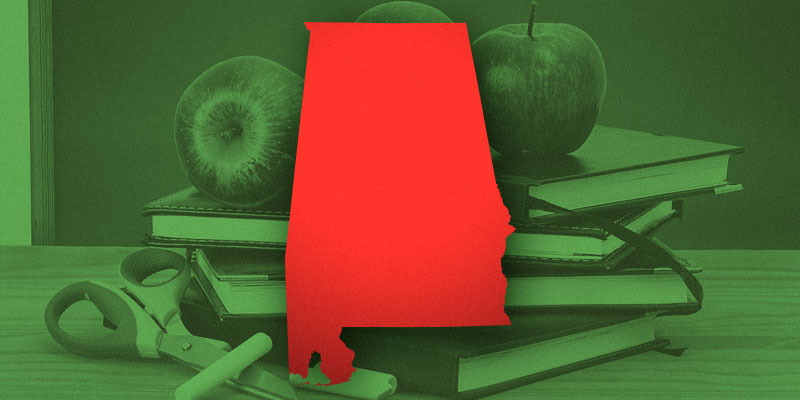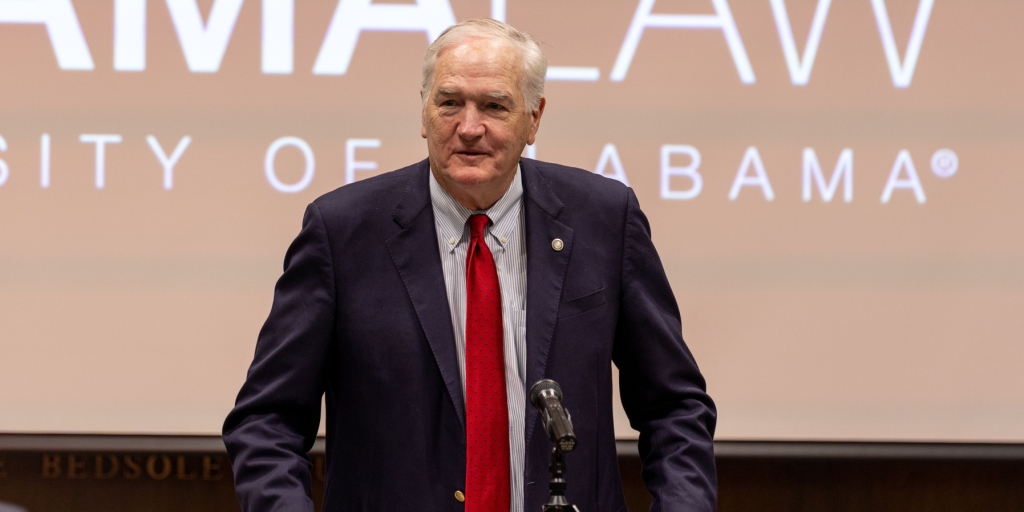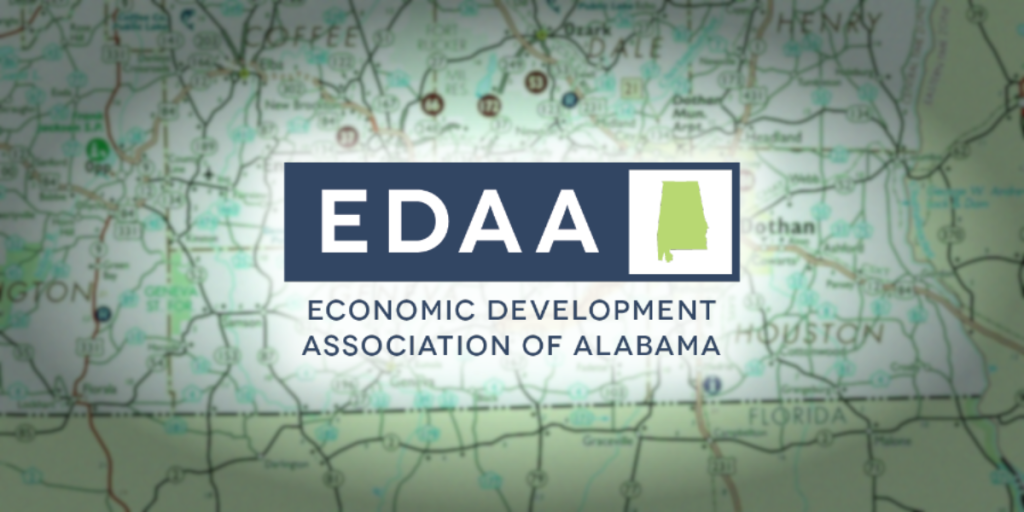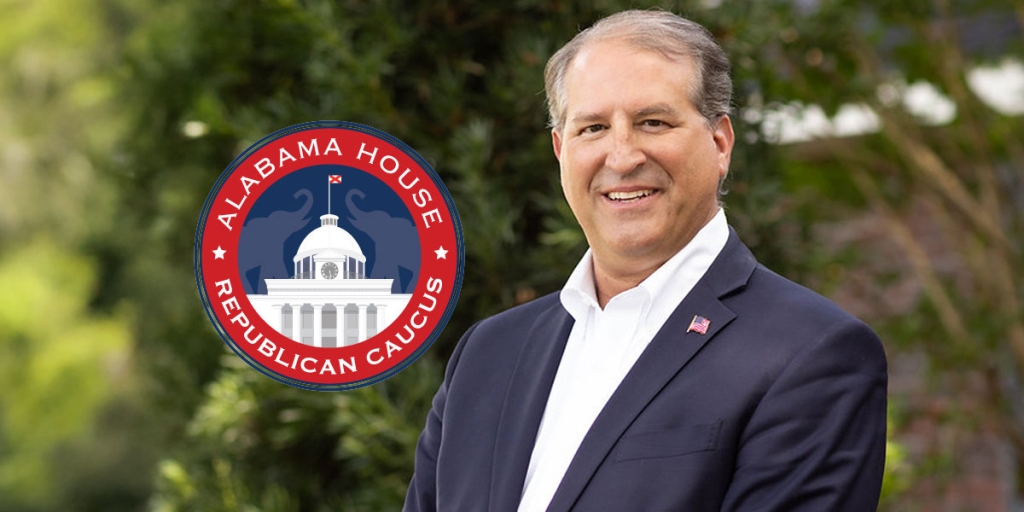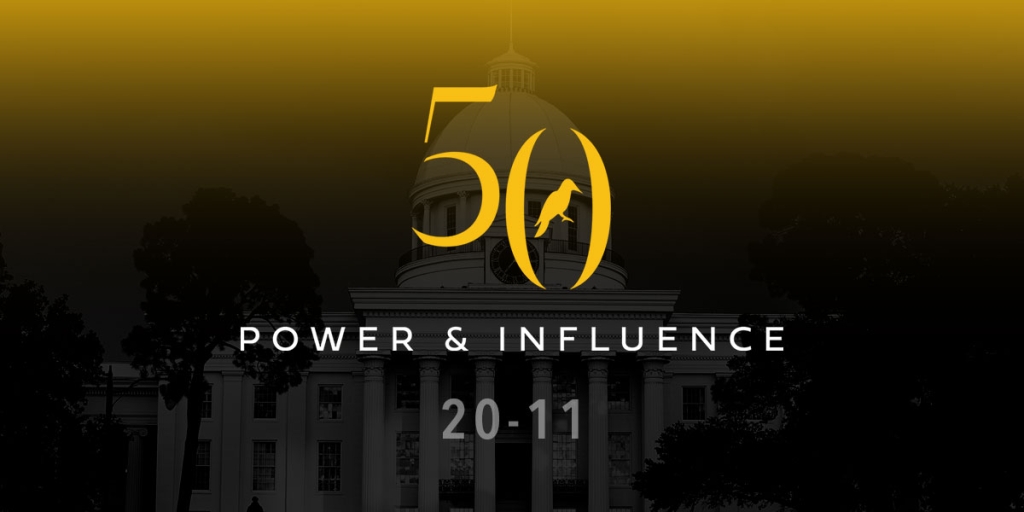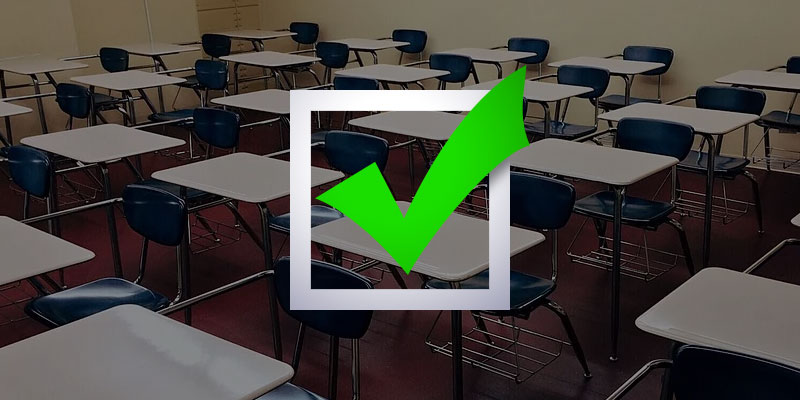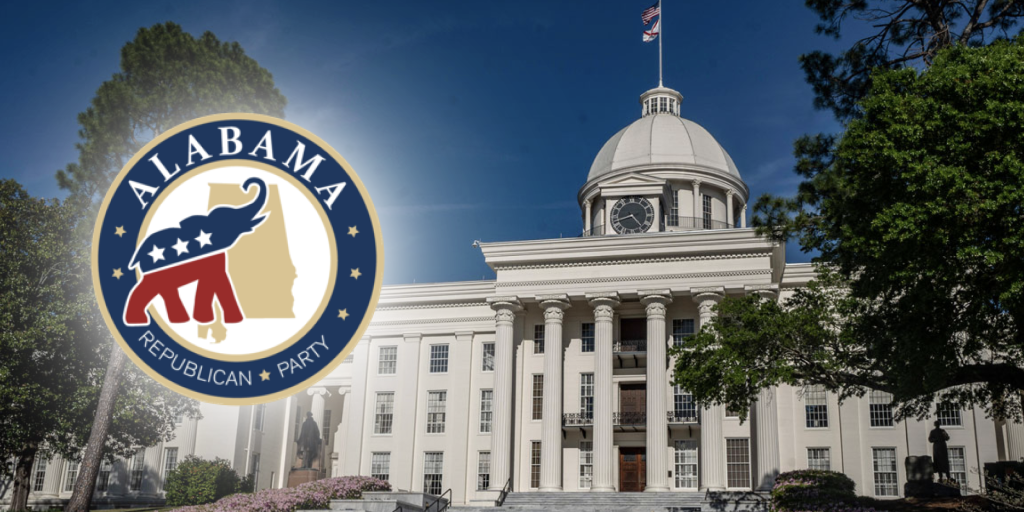On Tuesday, the Alabama House of Representatives passed legislation that would dramatically increase the number of Alabama school children who have affordable school choice options.
The CHOOSE Act (HB129) aims to provide parents with more control over their children’s education by offering alternatives to the local public schools assigned by their residential zones, such as private and religious schools. Primarily, it introduces the option for parents to apply for an Education Savings Account (ESA) worth up to $7,000.
This fund can be used to enroll children in either an accredited public school outside their district that allows transfers and charges tuition, or another qualified public school. Families choosing to homeschool have the chance to apply for a $2,000 ESA to cover the cost of educational materials and curriculum from state-approved providers. For households with more than one child being homeschooled, the available funding can increase to a maximum of $4,000.
RELATED: Alabama school choice bill advances House committee with positive budgetary assurances
“A student’s zip code has no business in determining the quality of their education, and I have no doubt the CHOOSE Act will ensure that is no longer the case,” Speaker of the House Nathaniel Ledbetter (R-Rainsville) said after passage. “I appreciate Governor Ivey’s leadership on this issue and look forward to seeing this legislation cross the finish line.”
State Rep. Danny Garrett, Chairman of the House Education Budget committee said, “Here in Alabama, we are working hard to ensure that every child has the opportunity to choose an educational path that best helps them grow and learn.”
“The CHOOSE Act will provide families around Alabama another option, and I am proud of my colleagues in the House for voting to move this effort forward. I commend Governor Ivey for making this her top legislative priority, and I am proud to sponsor a great school choice bill that is accountable and preserves the historic funding we are investing in public education,” Garrett said.
House Democrats largely opposed this legislation.
“If we keep pulling away from public education, how are we ever going to get better,” said Rep. Barbara Drummond (D-Mobile) said. “This bill does not represent anything but school vouchers.” Drummond said that parents in her district (Mobile) and Garrett’s (Trussville) have private school options — but in many rural counties this is not the case.
“This will provide a funding vehicle that perhaps will provide an option for that area,” Garrett said.
Garrett explained that this version of HB129 is a substitute that addressed the concerns of the education community – including their demands for more transparency and accountability. He elaborated that for a private school to participate, it “has to be a member of one of these institutions that are fully accredited.”
“When you take one dime away from public schools that is a problem,” said Rep. Juandalynn Givan (D-Birmingham). “This is nothing but another form of segregation.”
Givan is running to represent Alabama’s Second Congressional District in the Democratic Primary on March 5.
“This is absolute foolery at its best,” said Givan. “We could have been building better schools in these rural areas with this money. We could have paid our teachers with this. We have educators who are leaving the state of Alabama as the wind blows because they can’t make ends meet.”
“Our Legislature has a constitutional duty to provide a free public education for every child,” Garrett said.
Garrett explained that the initial money doesn’t even come from the education trust fund (ETF) — but rather from a supplemental appropriation. Garrett said that the state has a record $9.5 billion ETF and is spending $370 million more on K-12 public education than it was last year.
“In private schools the teachers do not have to be certified,” Drummond said. “Those are dollars that are being taken away from public schools.”
“In the private sector, they have more freedom and flexibility in how they establish their curriculum and who teaches your curriculum,” Garrett said.
For the first two years of the program the benefit will be means tested to no more than 300% of the federal poverty line.
RELATED: Governor Ivey emphasizes education savings accounts, legal gaming among 2024 legislative priorities
“300% of the poverty line is $90,000 in household income,” said Garrett. “Additional priority would be given to those families in the lowest income.”
Garrett said that the substitute also gives priority to military families.
“Only children that are legally present in the United States can participate,” Garrett said. That stipulation was added in the substitute.
Rep. Patrick Sellers (D-Birmingham) said, “I read this bill over and over and over again; but I am quite disheartened. As my minority leader said if there is a pothole on I-65, do you build I-64 or do you fix I-65?”
Sellers referenced the based on a true story 1989 movie, starring Morgan Freeman, where over a 20 year period a public high school deteriorated in academic performance as families who could afford to leave did.
“The more we take away from public education, the more Eastsides we are going to have,” Sellers concluded.
RELATED: Yaffee: Is real school choice finally coming to Alabama in 2024?
“This is a bunch of hogwash,” said Givan. “This is crap. We have school systems that are losing 2,000 students a year because parents are not even sending their kids to school.”
“An estimated 14,000 students would participate in this,” Garrett explained.
The state of Alabama already has the Alabama Accountability Act where students can apply for a scholarship to avoid the worst schools in the state. Garrett estimated that 3,000 to 4,000 students participate in that program.
“This does not impact the Accountability Act; but you cannot participate in both,” Garrett said.
Garrett, who chairs the House Committee that prepares the education budget, said that the state needs to look at the funding formula for its public schools.
“We have got to begin to look at why the schools we have are not doing so well,” Garrett said. “We are one of six states that have not updated our foundation program. It’s how we fund and what we fund that is the answer to fixing our public schools.”
HB129 passed the House by a vote of 69 to 34. It now goes to the Alabama Senate for their consideration. State Sen. Arthur Orr (R-Decatur) who helped craft the legislation alongside Governor Kay Ivey, will carry the bill in the Senate.
To connect with the author of this story, or to comment, [email protected]




